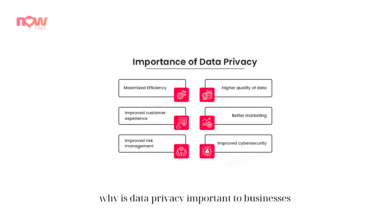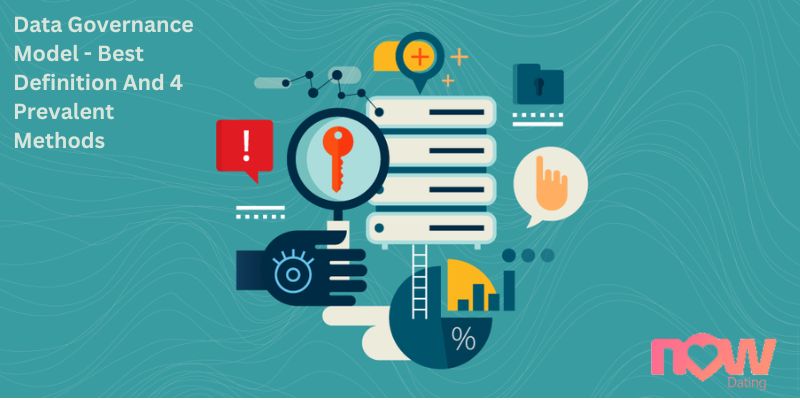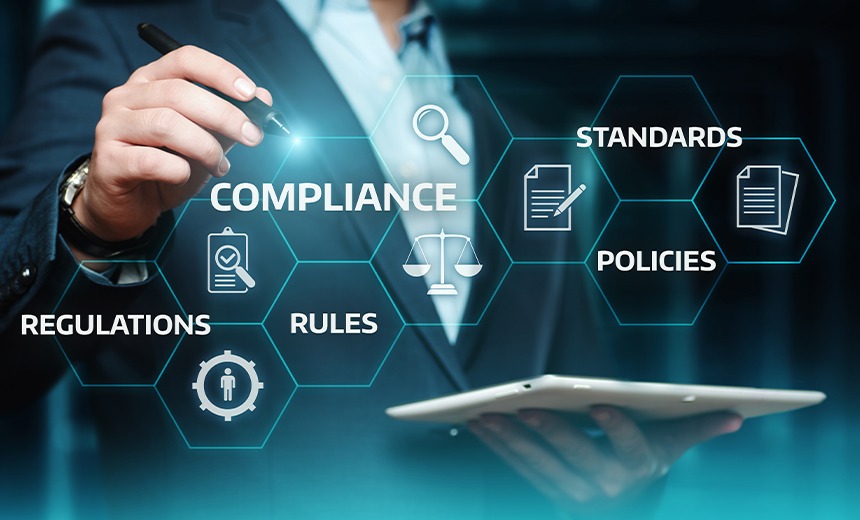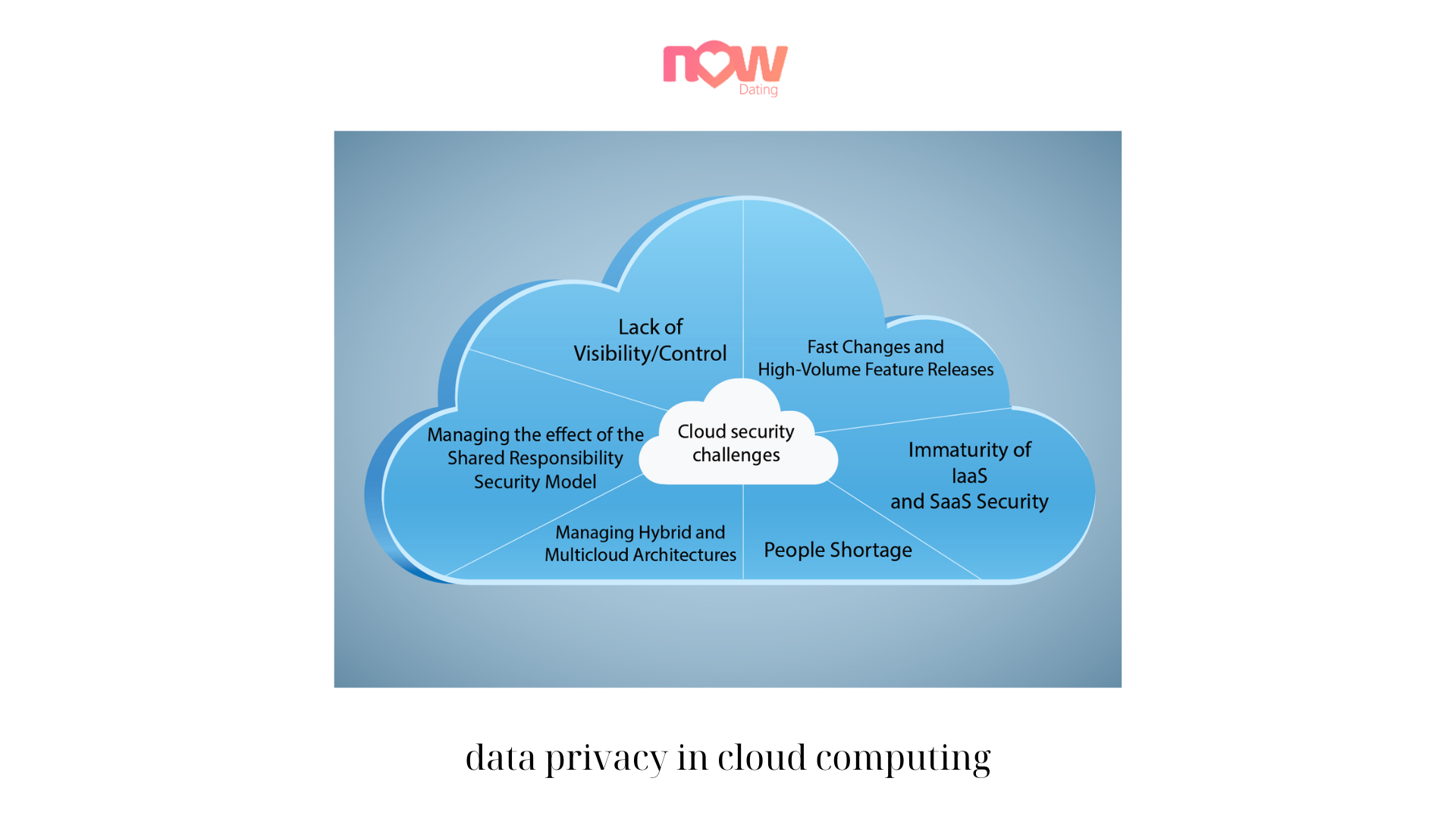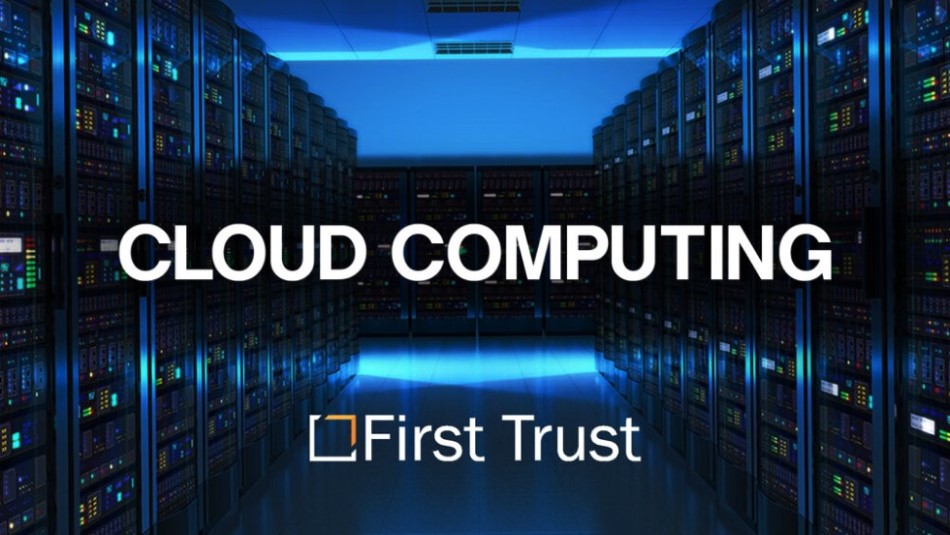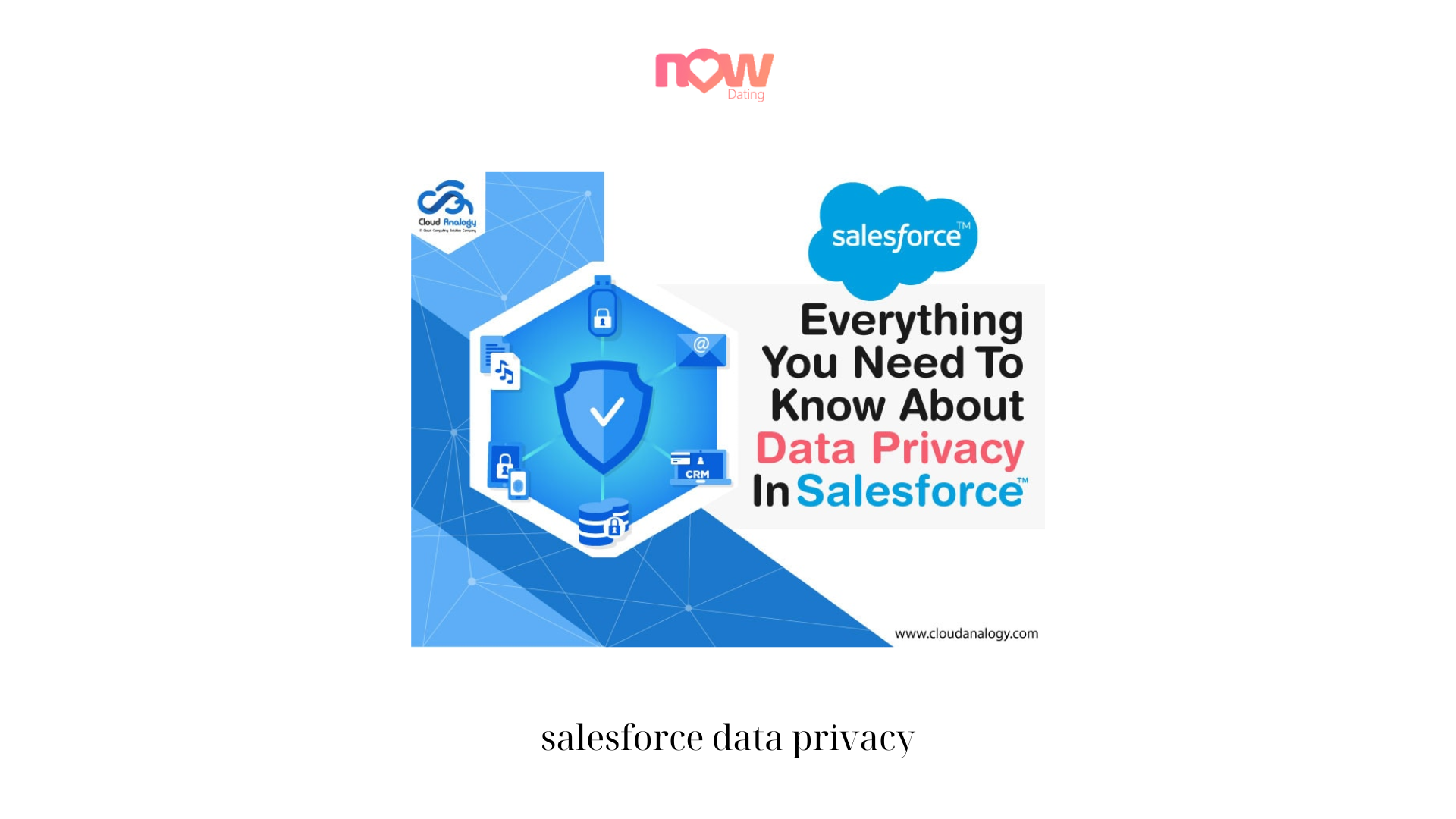
In today’s digital age, data privacy is a critical concern for businesses of all sizes. As organizations increasingly rely on platforms like Salesforce to manage customer data, ensuring robust data privacy practices is essential. In this article, qule.info will explore the importance of Salesforce data privacy and provide businesses with best practices to safeguard customer information and maintain compliance with data protection regulations.
Ensuring Salesforce Data Privacy: Best Practices for Businesses
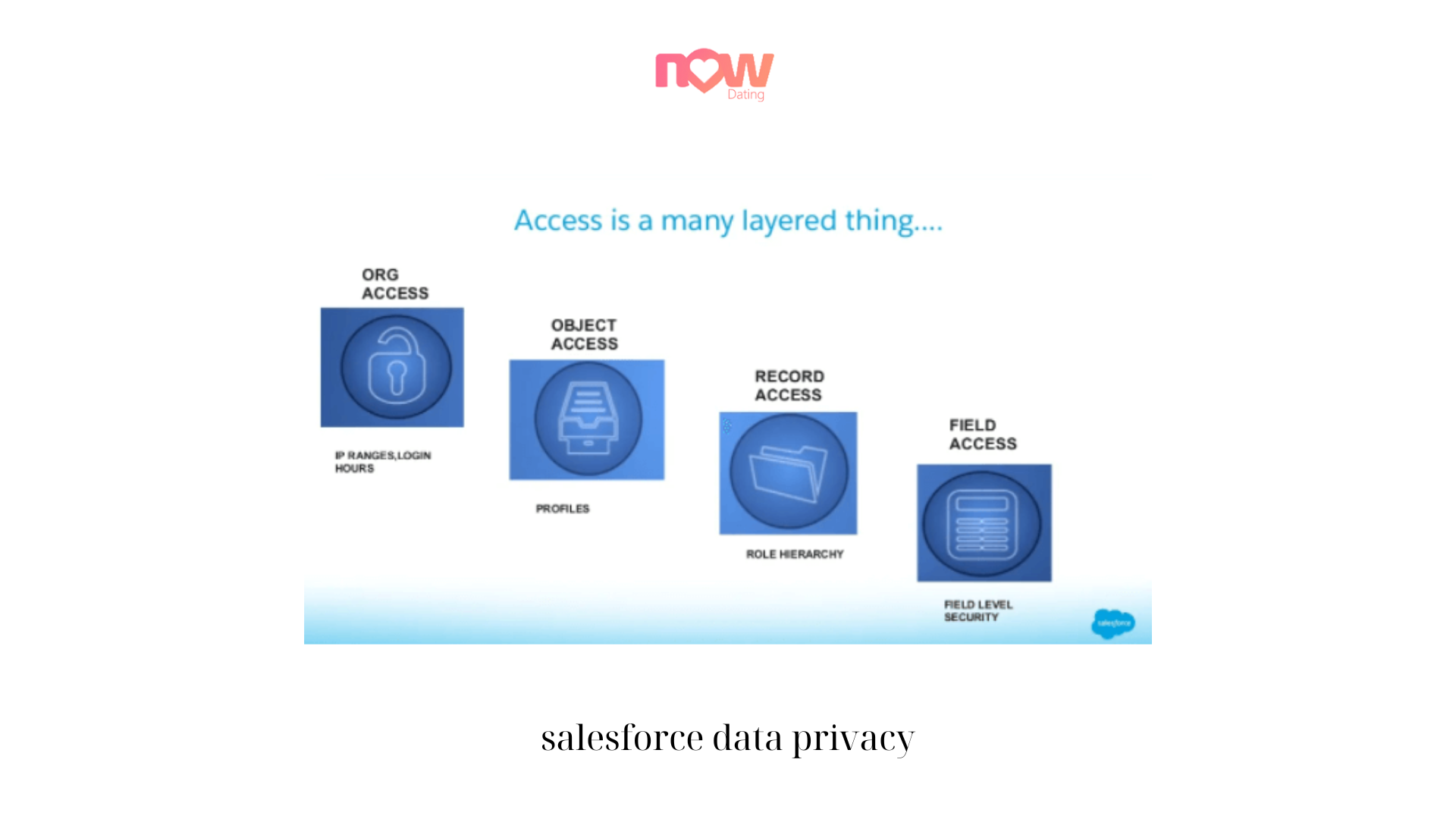
- Understanding the Significance of Salesforce Data Privacy:
Salesforce is a powerful customer relationship management (CRM) platform that stores a wealth of sensitive data, including personal and financial information. Protecting this data is vital for maintaining customer trust, complying with regulations, and safeguarding against data breaches or unauthorized access. By prioritizing Salesforce data privacy, businesses can demonstrate their commitment to protecting customer information and building strong, long-term relationships. - Implementing Strong User Access Controls:
One of the fundamental aspects of Salesforce data privacy is controlling user access. It is crucial to establish strict access controls based on user roles and responsibilities. Limit data access to only those who require it for their job functions, and regularly review and update user permissions as roles change. This helps minimize the risk of unauthorized access and ensures that sensitive data is accessible only to authorized personnel. - Encrypting Data at Rest and in Transit:
Encryption is a powerful security measure that protects data from unauthorized access. Ensure that all data stored within Salesforce is encrypted at rest, meaning it is protected when it is not actively being used. Additionally, data transmitted between Salesforce and other systems should be encrypted to safeguard it during transit. Encryption adds an extra layer of protection, making it significantly more challenging for attackers to decipher sensitive information. - Implementing Two-Factor Authentication (2FA):
Two-factor authentication (2FA) is an effective method to enhance the security of Salesforce accounts. By requiring users to provide two forms of verification, such as a password and a unique code sent to their mobile device, businesses can add an extra layer of protection against unauthorized access. Enabling 2FA for all salesforce data privacy users can greatly reduce the risk of unauthorized logins and data breaches. - Regularly Monitoring and Auditing User Activity:
Monitoring and auditing user activity within Salesforce is essential for detecting and responding to any suspicious or unauthorized behavior promptly. Implement robust monitoring tools and regularly review user logs, access history, and system activity. This allows businesses to identify any anomalies or potential security breaches, enabling them to take immediate action to mitigate risks and protect customer data. - Educating Employees on Data Privacy:
Employees play a crucial role in maintaining Salesforce data privacy. It is essential to provide comprehensive training and education on data privacy best practices, including the secure handling of customer data, password hygiene, and recognizing and reporting potential security threats. Regularly reinforce the importance of data privacy through ongoing training programs to ensure that all employees are aware of their responsibilities and actively contribute to data protection efforts.
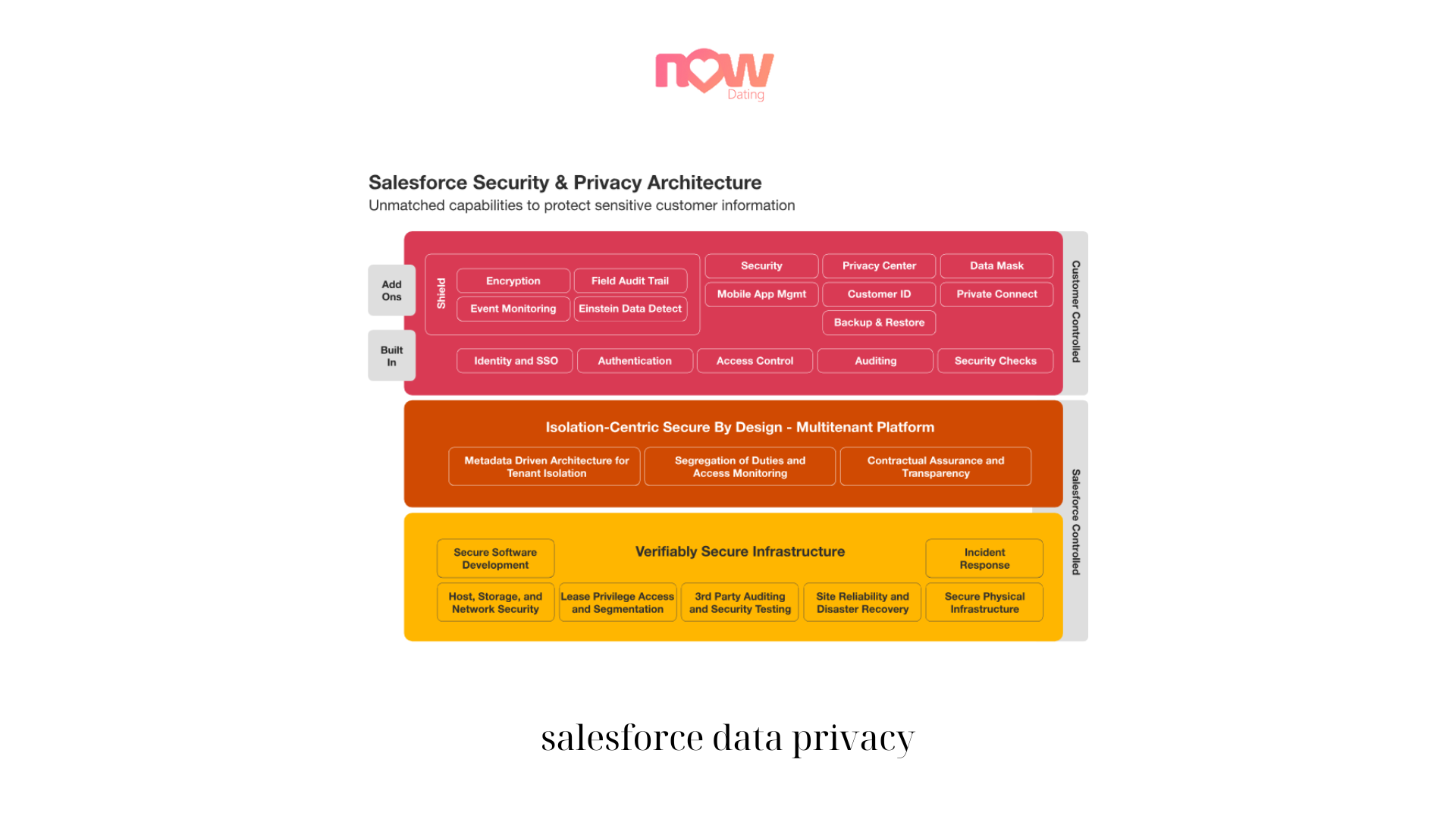
- Regularly Updating and Patching Salesforce:
Salesforce regularly releases updates and patches to address security vulnerabilities and enhance data privacy features. It is crucial to stay up-to-date with these updates and promptly apply them to your Salesforce instance. Regularly reviewing and implementing these updates helps protect against known security risks and ensures that your Salesforce environment remains secure and compliant. - Conducting Regular Security Assessments and Penetration Testing:
Regular security assessments and penetration testing are crucial to proactively identify vulnerabilities within your Salesforce environment. Engage with qualified security professionals to conduct comprehensive assessments and penetration tests to uncover any weaknesses or potential entry points for cyber-attacks. By addressing these vulnerabilities promptly, businesses can strengthen their Salesforce data privacy posture and mitigate potential risks. - Complying with Data Protection Regulations:
Data protection regulations, such as the General Data Protection Regulation (GDPR) and the California Consumer Privacy Act (CCPA), impose specific requirements on the collection, storage, and processing of personal data. Ensure that your Salesforce data privacy practices align with these regulations and any applicable industry-specific requirements. Stay informed about changes in data protection legislation and make any necessary adjustments to maintain compliance. - Establishing an Incident Response Plan:
Despite robust preventive measures, data breaches can still occur. Establishing an incident response plan specific to salesforce data privacy breaches is crucial. This plan should outline the steps to be taken in the event of a breach, including containment, investigation, notification, and recovery. By having a well-defined incident response plan in place, businesses can minimize the impact of a data breach and effectively mitigate any potential damage.
Conclusion:
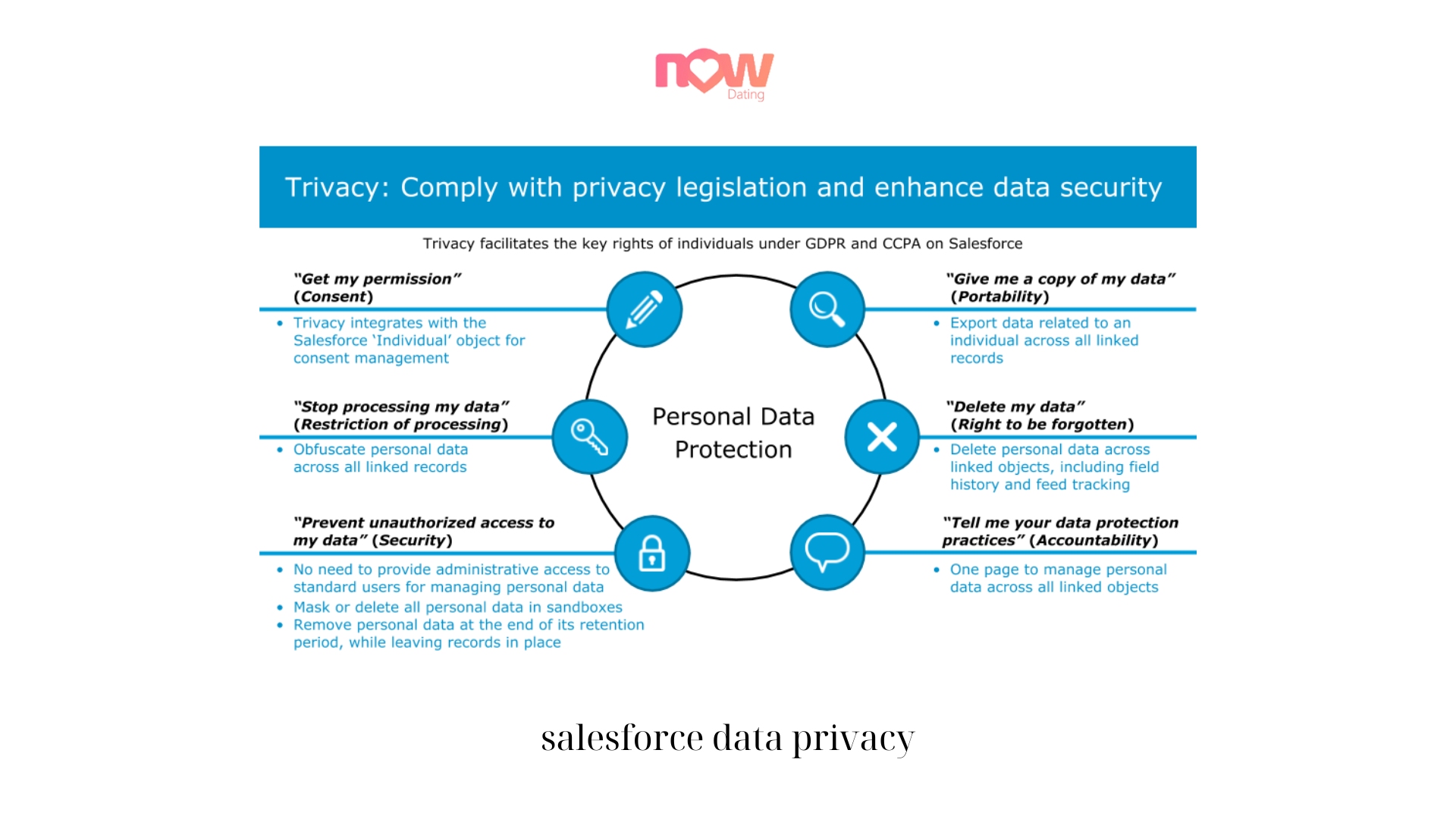
Ensuring Salesforce data privacy is a vital responsibility for businesses that handle customer data. By implementing best practices such as strong user access controls, encryption, two-factor authentication, and regular monitoring, businesses can enhance data privacy and protect against unauthorized access. Educating employees, staying updated with security patches, conducting assessments, and complying with data protection regulations are equally important. By employing these best practices, businesses can maintain customer trust, reduce the risk of data breaches, and demonstrate their commitment to safeguarding sensitive information in the Salesforce ecosystem.
Conclusion: So above is the Ensuring Salesforce Data Privacy: Best Practices for Businesses article. Hopefully with this article you can help you in life, always follow and read our good articles on the website: qule.info
Related Articles
-
SKYY – The Best First Trust Cloud Computing ETFFebruary 16, 2023

